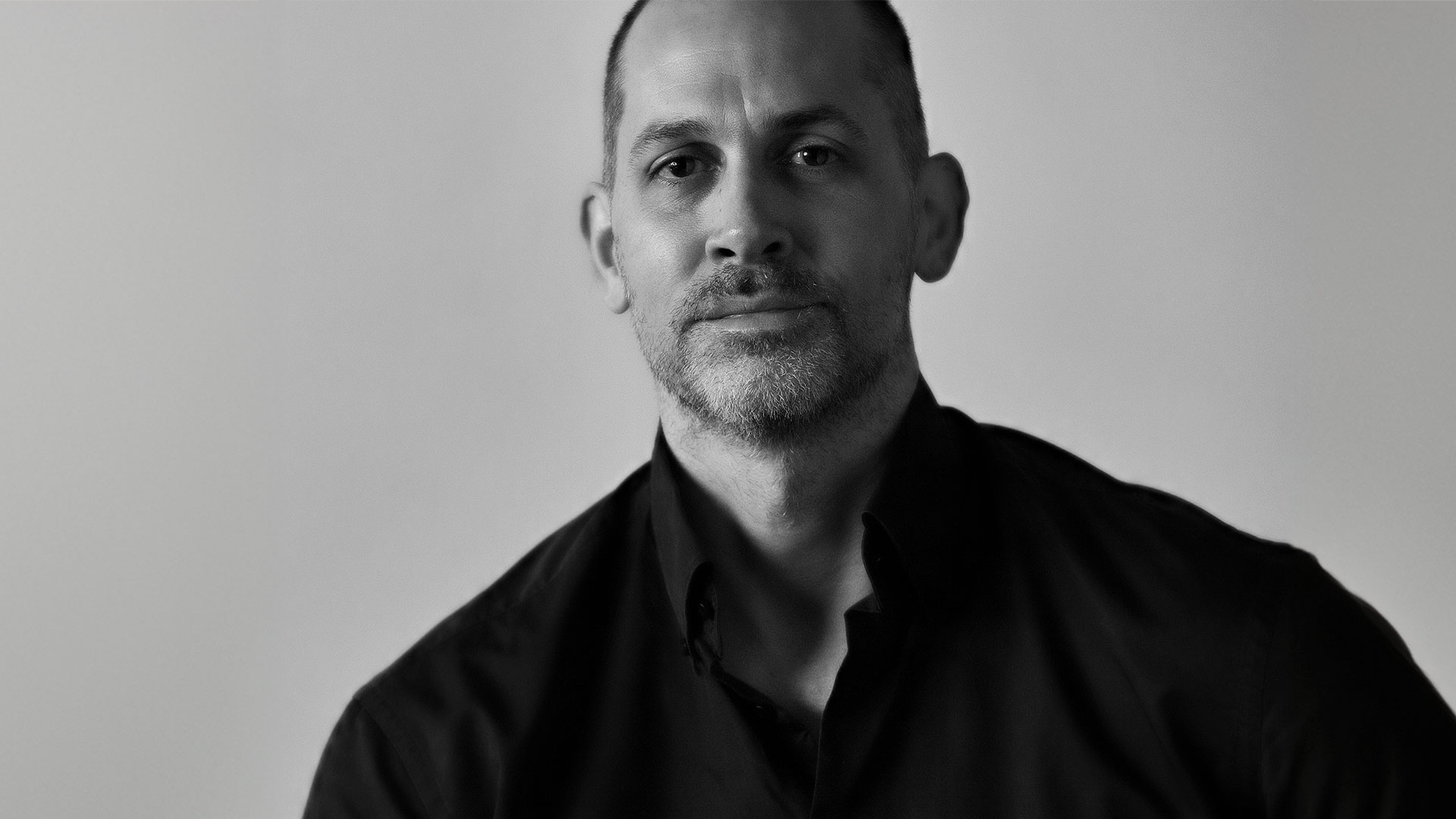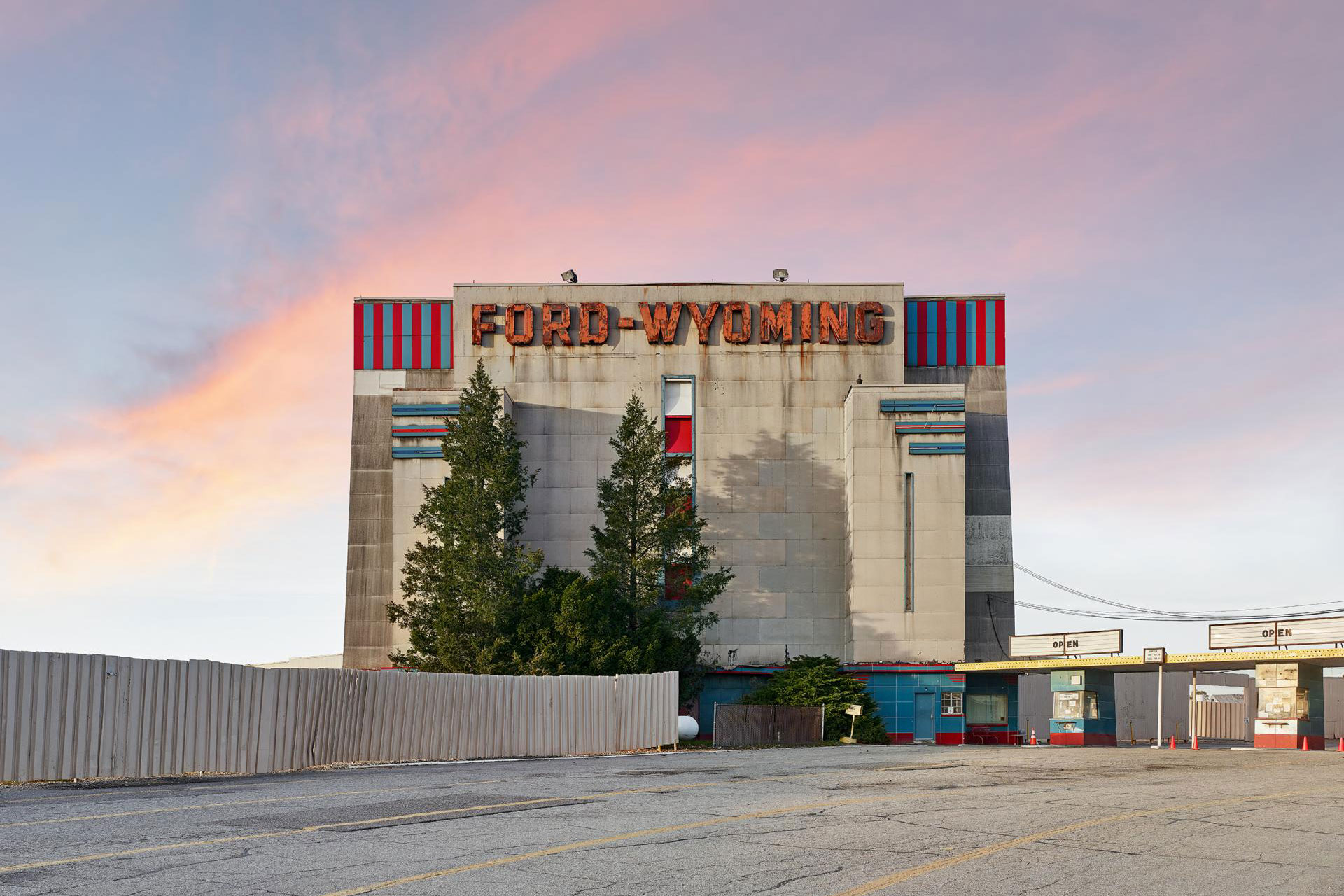Interview with Matthew Portch from Australia

JAY CHOU CARNIVAL WORLD TOUR 2019-2024-The LED SPHERE stage
August 27, 2024
Flight Experience Hall of Enping Quanlin Golden Town
August 28, 2024Matthew Portch
Matthew Portch was a dedicated illustrator as a child, often spending hours on intricate details. He studied graphic design and photography in college, leading to a successful graphic design career. The digital revolution in the early 2000s reignited his passion for photography.
I grew up in the seventies in Bristol, England, in a typical middle-class suburb. Television and movies were my favorite indulgences, especially anything from the United States. The scenery was so different and exciting compared to the humdrum of the English city suburbs and countryside.
As a child, I was a keen illustrator, spending hours pouring over the minutia of the subject matter. In college, I studied graphic design and photography, and I pursued a successful career in graphic design.
In the millennium, the digital revolution spurred my interest in photography once more. Ironically, it was the large format film photographers of the 1960s and 1970s from North America who inspired me. I felt myself drawn to the seemingly ordinary and banal vistas they captured with fastidious detail.
I don't think I can remember my very first shot. However, one of my first as I began to take photography more seriously must have been the one I've mostly been known for, 'The Wall Frame'. It was on a trip to a crater attraction in America.
When I went through the entrance, I turned around to discover a brick wall with a rectangular opening, revealing a barren landscape beyond it. I actually found it more alluring than the crater itself. And it was a reminder that sometimes you just need to look over your shoulder.
I can't think of one in particular. But I can say that when I did have my first exhibition, it was so nice to have affirmation from anyone who viewed the work and even bought prints. I think most artists suffer from self-doubt, even if they truly believe in their own vision.
When you receive praise, it's good to know there are others out there who actually relate to your work.
I've had a long relationship with melancholy ever since I was a child. It wasn't until later in life that I realized this would be more commonly defined as depression. So many struggle with mental health and anxiety, and this has clearly been a big discussion point in recent times.
So when I travelled, photography became a purpose as well as a companion. I think those are the reasons why I've always been drawn to mournful and serene landscapes. I personally find an almost sombre, nostalgic, and aesthetic beauty in discernibly banal scenes.
Winning Entry
Matthew Portch
Matthew Portch was a dedicated illustrator as a child, often spending hours on intricate details. He studied graphic design and photography in college, leading to a successful graphic design career. The digital revolution in the early 2000s reignited his passion for photography.
Read more about this interview with Jason Houston from the United States, the Platinum Winner of the 2024 MUSE Photography Awards.


